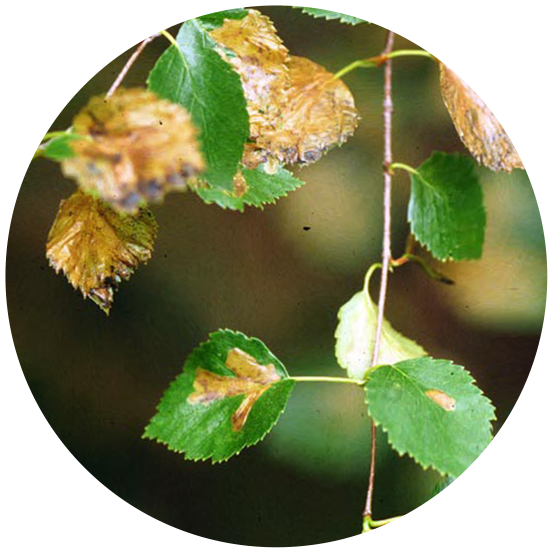
About Us

Your Tree Doctor is owned by an experienced Certified arborist but it’s not just about the owner. It is a team of experienced Certified Arborist, tree workers and Certified Landscape pesticide Applicator dedicated to work together to enhance the health and beauty of your trees and shrubs.
Trees are one of your most important landscape features
They beautify and enrich your lives throughout the year with their variety of forms, flowers, fruits, seasonal leaf colors, and bark interest.
They provide oxygen and cooling shade, and they filter out some pollutants from the air. Trees deflect noise and wind, block unwanted views, and protect the soil from erosion. They can also reduce rain runoff by capturing and holding rainwater before it reaches the ground.
Too often, however, we take trees for granted, not stopping to think that the benefits trees provide can be the result of careful planning, selection, planting and tree maintenance procedures.
In fact, if a tree is not properly matched to the landscape site, if a poor planting practice have been used, or if a tree has suffered from environmental problems such as temperature and moisture extremes, mechanical injuries (lawn mower, snow plow or car) or chemical injuries (deicing salt or herbicides), the tree can become more of a liability than an asset.


Trees can also be damaged by pests who could be insects or mites, microorganisms (fungi, bacteria) or vertebrates (rodents, rabbits or deer). Any condition that causes decline in tree health is called stress.
Trees that die or decline usually are suffering from a combination of stress factors, and insects or diseases are often secondary, attacking the weakened tree.
It doesn’t mean we should not treat insect pests who are damaging your trees, but we also must identified the primary problem and if possible alleviate the condition and improve the health of your tree. However, if only the secondary problems are treated, it is likely that your tree will continue to decline.
Proper cultural practice
This is the reason why you will find in my recommendations things like:
Remove excess soil over the root flare, remove grass around the trunk, apply mulch, fertilize, augment or diminish water supply and sometimes improve drainage in addition to the pest treatments.
Also, we should not neglect the most important tree maintenance procedure: pruning. When pruning is properly executed, a variety of benefits are derived. Benefits include reduced risk of a branch and stem breakage, better clearance for vehicles and pedestrians, improved health and appearance, enhanced view, and increased flowering. When improperly performed, pruning can harm the tree’s health, stability, and appearance. If young trees are “trained” or pruned to promote good structure, they will likely remain serviceable in the landscape for more years than trees that have not been so pruned. Defects can be removed, a single, dominant leader can be selected, and branches can be well spaced along the main trunk. These trees have a lower potential for structural failure at maturity and require less maintenance later on.
Mature trees are less tolerant of severe pruning than juvenile trees. Pruning of large, mature trees is usually limited to the removal of dead branches or reduce the severity of structural defects for those who did not have been trained when they were young.



